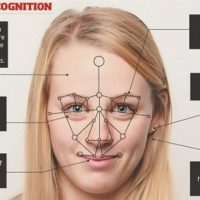Facial recognition technology has become more advanced than ever before. A photo could now be used to assess not only a person’s gender, but also their age, health, ethnic background and mental and physical wellbeing. Analysing their clothing, movements and cars too, you can get an idea of their income, assets and education, and further possibilities accumulate by the day. And if you’re able to repeat that analysis over the course of someone’s life, eventually you’ll easily be able to print out a quarter of their diary. A simple snapshot of someone’s life can thus have far-reaching implications for their privacy.
If an organisation is carrying out this facial analysis without asking and without even being noticed, somewhere in your daily life, such as at a Tesco gas station (“Tesco to scan people’s faces in advert move”, November 5), then that organisation is crossing the line. Not just because it’s none of a company’s business whether their customers are healthy or not, pregnant or not, stressed or not; but also because there’s no way for us to keep in check that these scans aren’t pieced together – is that woman with another guy again, is she cheating? – or saved.
We’re expected to trust Tesco’s goodwill. Furthermore, facial analysis makes people feel unfree and spied upon – which they are – and does not address any customer need at all.
A company that respects its customers does not use facial analysis.
This letter to the editor was published today in the Financial Times.

Leave a Reply